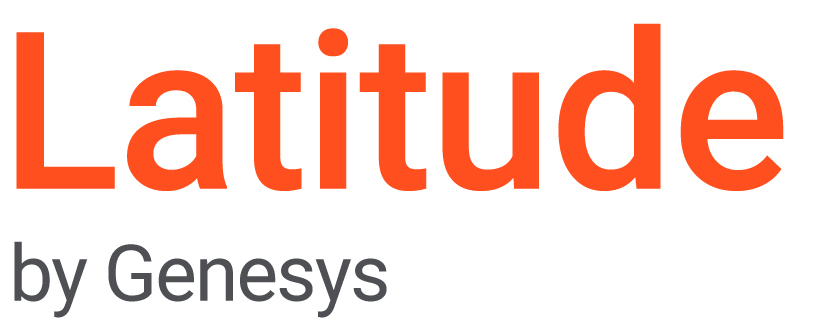In recent months, several collection agency legislative updates have been implemented in various states, impacting the operations and regulations surrounding collection practices. Wisconsin, Florida, and Minnesota have all enacted new laws that collection agencies must adhere to. Here, we recap the highlights of these legislative changes and their implications for the industry.
Wisconsin Collection Agency Legislative Updates
On April 4, Wisconsin Governor Tony Evers signed Wisconsin Act 267 into law, which will become effective January 1, 2025. The Wisconsin Department of Financial Institutions (WDFI) introduced this legislation in 2019 to enhance regulatory measures for collection agencies and financial services providers.
One of the key changes mandated by the act is the requirement for collection agencies to maintain their licenses on the National Multistate Licensing System (NMLS). Additionally, all licensed financial services providers must ensure that all material information filed with WDFI and NMLS is up-to-date and accurate.
The law introduces several significant updates to the regulation of collection agencies:
- It eliminates the necessity for individual collectors or solicitors to hold licenses separate from their employing collection agencies.
- It also revises the definition of a collection agency, specifying that a distinct license is needed for each business location operated by the agency.
- The legislation modifies regulations concerning consumer lenders, including establishing a definition of “consumer loan” aligned with the Wisconsin Consumer Act and detailing activities that necessitate lender licensing.
For more detailed information, you can read the full article here.
Florida Collection Agency Legislative Updates
Florida Governor Ron DeSantis signed into law legislation impacting healthcare service pricing and medical debt collection.
Among other things, the legislation prohibits hospitals and ambulatory centers from engaging in “extraordinary collection actions” before determining a patient’s eligibility for financial assistance, providing an itemized bill, and billing applicable insurance. Such actions include reporting adverse information to credit agencies, selling debt, placing liens, foreclosing on property, seizing bank accounts, commencing civil actions, and garnishing wages. These actions are restricted during an ongoing grievance process, while a patient adheres to a payment plan, and for 30 days after notifying a patient of a collection action via certified mail or traceable delivery.
The bill establishes new debt collection exemptions for medical debt incurred at hospitals, ambulatory surgical centers, and urgent care centers, increasing the exemption ceiling to $10,000 for a single motor vehicle and for personal property if no homestead exemption is claimed. Hospitals and ambulatory centers must also implement an internal grievance process to allow patients to dispute charges, with an initial response required within seven business days.
The legislation introduces a three-year statute of limitations for legal actions related to medical debt, starting when the debt is referred to a third-party collection agency. This statute of limitations does not apply to all medical debt, and its initiation by an early-out vendor remains a topic of concern.
You can find further details about the Florida legislative update here.
Minnesota Collection Agency Legislative Updates
The Minnesota Debt Fairness Act is primarily aimed at consumer protections across various domains.
Key sections of the policy bill, effective October 1, 2024, include substantial medical debt collection reforms:
- Sections 92.30 to 92.60 outline enforceable medical debt collection rights.
- Section 26 [62J.806] mandates healthcare providers to publicize their medical debt collection policies and improve communication with patients regarding their debts.
- Section 98.6-101.10 clarifies exempt property provisions, effective August 1, 2024, protecting certain personal properties from liens.
- Section 126.14 – 131.9 establishes definitions for medical debt and clarifies spousal liability and garnishment provisions.
The bill also imposes restrictions on reporting medical debt to consumer reporting agencies (CRAs). Effective October 1, 2024, CRAs cannot include medical debt information in consumer reports if it pertains to medical care, treatment, services, or related items. This aligns with the definitions outlined in the Fair Credit Reporting Act.
An amendment to Section 332.3351 introduces reciprocity for out-of-state licensure exemptions, effective January 1, 2025, acknowledging states with comparable licensing requirements.
For more in-depth information, read the full article here.
These collection agency legislative updates in Wisconsin, Florida, and Minnesota represent significant shifts in the debt collection industry. Collection agencies must stay informed and compliant with these new regulations to ensure they operate within the legal framework and maintain ethical standards.
By understanding and adapting to these collection agency legislative updates, agencies can better serve their clients and foster a more transparent and fair collection environment.





